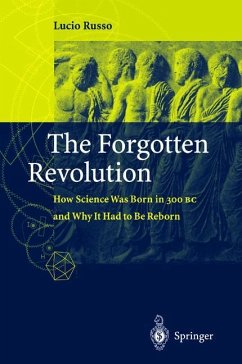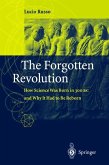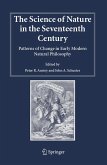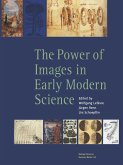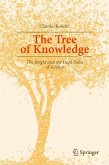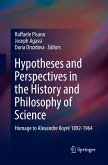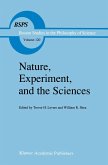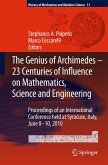The period from the late fourth to the late second century B. C. witnessed, in Greek-speaking countries, an explosion of objective knowledge about the external world. WhileGreek culture had reached great heights in art, literature and philosophyalreadyin the earlier classical era, it is in the so-called Hellenistic period that we see for the ?rst time - anywhere in the world - the appearance of science as we understand it now: not an accumulation of facts or philosophically based speculations, but an or- nized effort to model nature and apply such models, or scienti?ctheories in a sense we will make precise, to the solution of practical problems and to a growing understanding of nature. We owe this new approach to scientists such as Archimedes, Euclid, Eratosthenes and many others less familiar todaybut no less remarkable. Yet, not long after this golden period, much of this extraordinary dev- opment had been reversed. Rome borrowed what it was capable of from the Greeks and keptit for a little while yet, but created very little science of its own. Europe was soon smothered in theobscurantism and stasis that blocked most avenues of intellectual development for a thousand years - until, as is well known, the rediscovery of ancient culture in its fullness paved the way to the modern age.
Hinweis: Dieser Artikel kann nur an eine deutsche Lieferadresse ausgeliefert werden.
Hinweis: Dieser Artikel kann nur an eine deutsche Lieferadresse ausgeliefert werden.
From the reviews:
"Russo has achieved and exhibited an extensive survey of science in the Hellenistic world at the time after Aristotle ... . The treat in store for the reader of this book is the vast learning that Lucio Russo has acquired, which he explains with lucidity. ... it is useful for private study, for one's own enlightenment; on the other it will enrich every science course and every history course that involves these time periods." (Samuel S. Kutler, MAA online, September, 2004)
"Russo presents an enticing vision of a Hellenistic world with a highly organized scientific effort that lasted for centuries. ... The copious, informative and useful illustrations in this beautifully produced volume intensify the sense of what was lost when this great civilization went into decline and perished." (Mott Greene, NATURE, August, 2004)
"The central thesis of the book is that science originated in the Hellenistic period ... . To summarize the book: It certainly has a number of good points. The author has combed through ¼200 medieval texts (plus others). There are lots of footnotes identifying sources (even in different editions of the same book) and an index of writings consulted (with page numbers). ... a very remarkable book in its depth and the boldness of its claims." (Nimish Shah, Newsletter of the London Mathematical Society, March, 2005)
"Russo has achieved and exhibited an extensive survey of science in the Hellenistic world at the time after Aristotle ... . The treat in store for the reader of this book is the vast learning that Lucio Russo has acquired, which he explains with lucidity. ... it is useful for private study, for one's own enlightenment; on the other it will enrich every science course and every history course that involves these time periods." (Samuel S. Kutler, MAA online, September, 2004)
"Russo presents an enticing vision of a Hellenistic world with a highly organized scientific effort that lasted for centuries. ... The copious, informative and useful illustrations in this beautifully produced volume intensify the sense of what was lost when this great civilization went into decline and perished." (Mott Greene, NATURE, August, 2004)
"The central thesis of the book is that science originated in the Hellenistic period ... . To summarize the book: It certainly has a number of good points. The author has combed through ¼200 medieval texts (plus others). There are lots of footnotes identifying sources (even in different editions of the same book) and an index of writings consulted (with page numbers). ... a very remarkable book in its depth and the boldness of its claims." (Nimish Shah, Newsletter of the London Mathematical Society, March, 2005)

